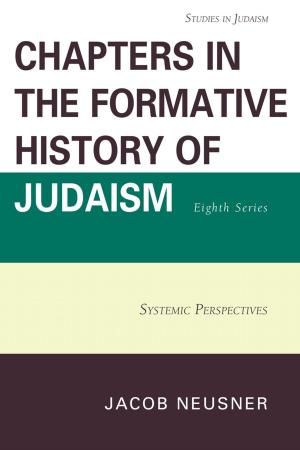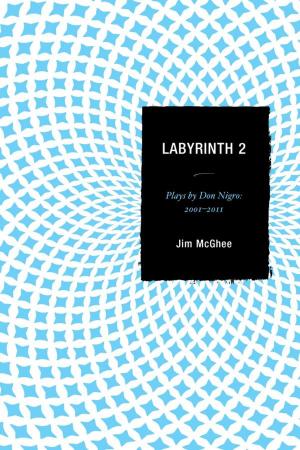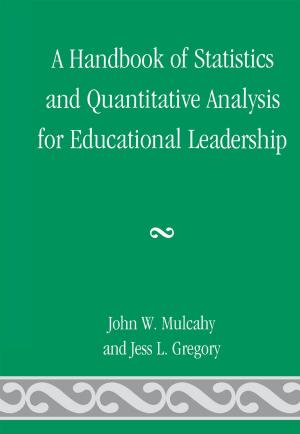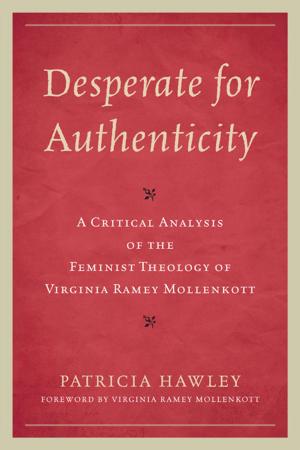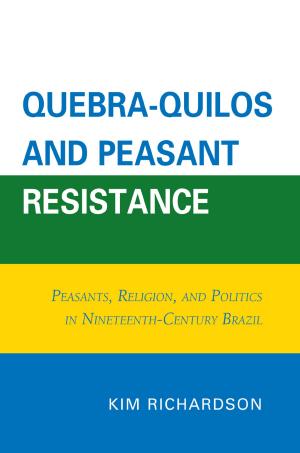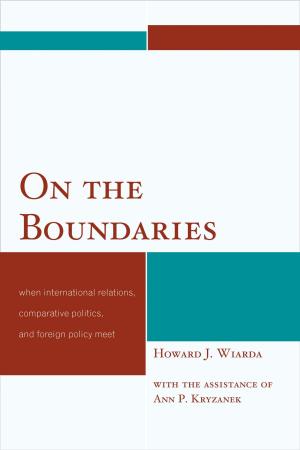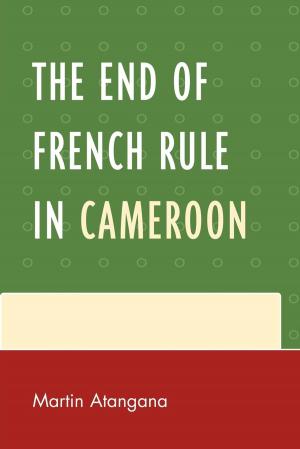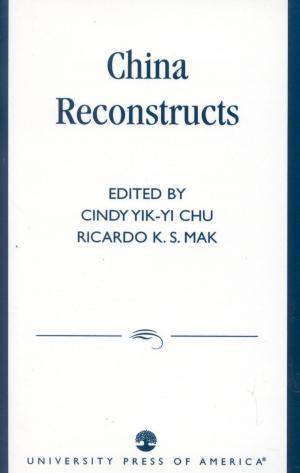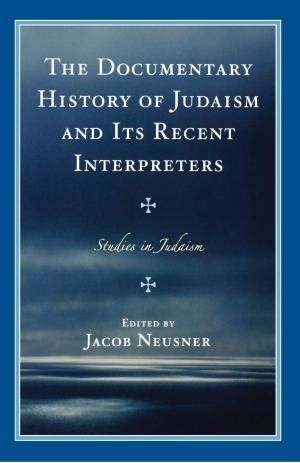Debunking the Myths of Colonization
The Arabs and Europe
Nonfiction, History, World History, Social & Cultural Studies, Social Science, Anthropology, Fiction & Literature, Literary Theory & Criticism| Author: | Samar Attar | ISBN: | 9780761850397 |
| Publisher: | UPA | Publication: | April 13, 2010 |
| Imprint: | UPA | Language: | English |
| Author: | Samar Attar |
| ISBN: | 9780761850397 |
| Publisher: | UPA |
| Publication: | April 13, 2010 |
| Imprint: | UPA |
| Language: | English |
Debunking the Myths of Colonization. examines Salman Rushdie's thesis on the paradoxical nature of colonialism and its horrific impact on the psyche of the colonized. It probes Frantz Fanon's theories concerning the relationship between colonizers and colonized, and attempts to apply these theories to modern Arabic literature. Like Rushdi and Fanon, many Arab writers have embarked on a journey to the metropolis of their ex-colonial masters. Due to their encounter with English or French culture, they have written memoirs, poems, or fictions in which they have represented themselves and the 'other.' Their representations differ markedly according to their own make up as human beings, their class, education, experiences, and gender. Yet what brings them together is their love-hate relationship with the ex-colonizer. In the case of the Palestinian writers, however, there is only bitterness and bewilderment at Israel as a colonizing power in the 21st century and its Jewish citizens, who were once victims in Europe but now have turned into victimizers.
Debunking the Myths of Colonization. examines Salman Rushdie's thesis on the paradoxical nature of colonialism and its horrific impact on the psyche of the colonized. It probes Frantz Fanon's theories concerning the relationship between colonizers and colonized, and attempts to apply these theories to modern Arabic literature. Like Rushdi and Fanon, many Arab writers have embarked on a journey to the metropolis of their ex-colonial masters. Due to their encounter with English or French culture, they have written memoirs, poems, or fictions in which they have represented themselves and the 'other.' Their representations differ markedly according to their own make up as human beings, their class, education, experiences, and gender. Yet what brings them together is their love-hate relationship with the ex-colonizer. In the case of the Palestinian writers, however, there is only bitterness and bewilderment at Israel as a colonizing power in the 21st century and its Jewish citizens, who were once victims in Europe but now have turned into victimizers.


